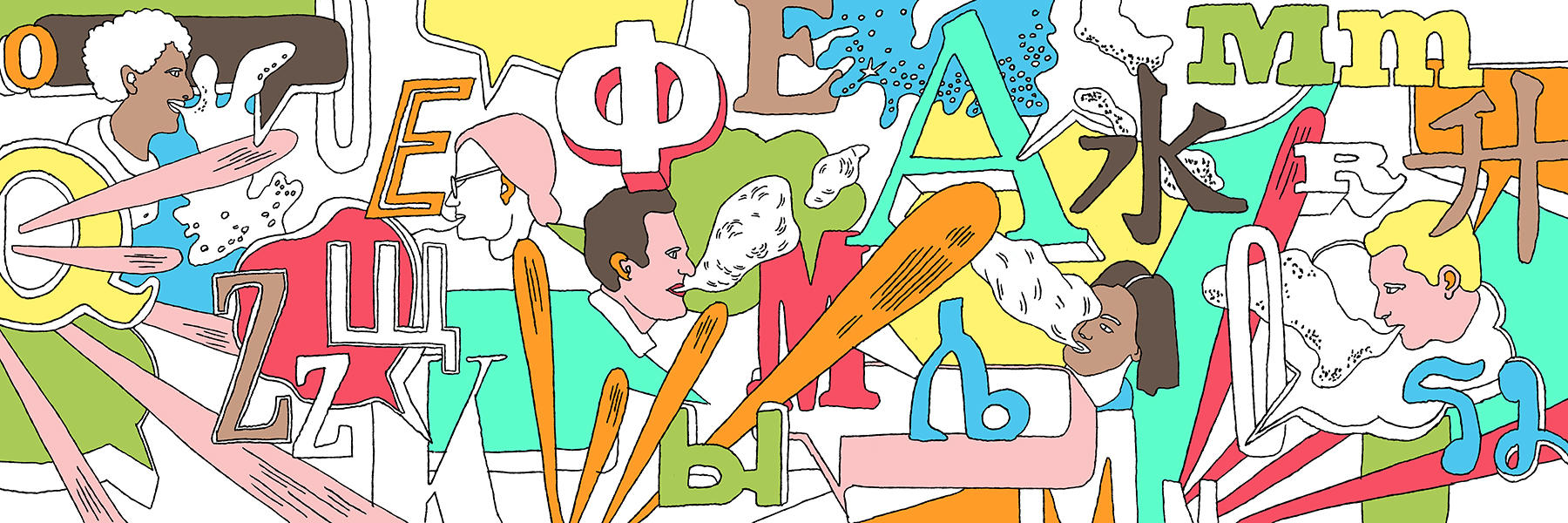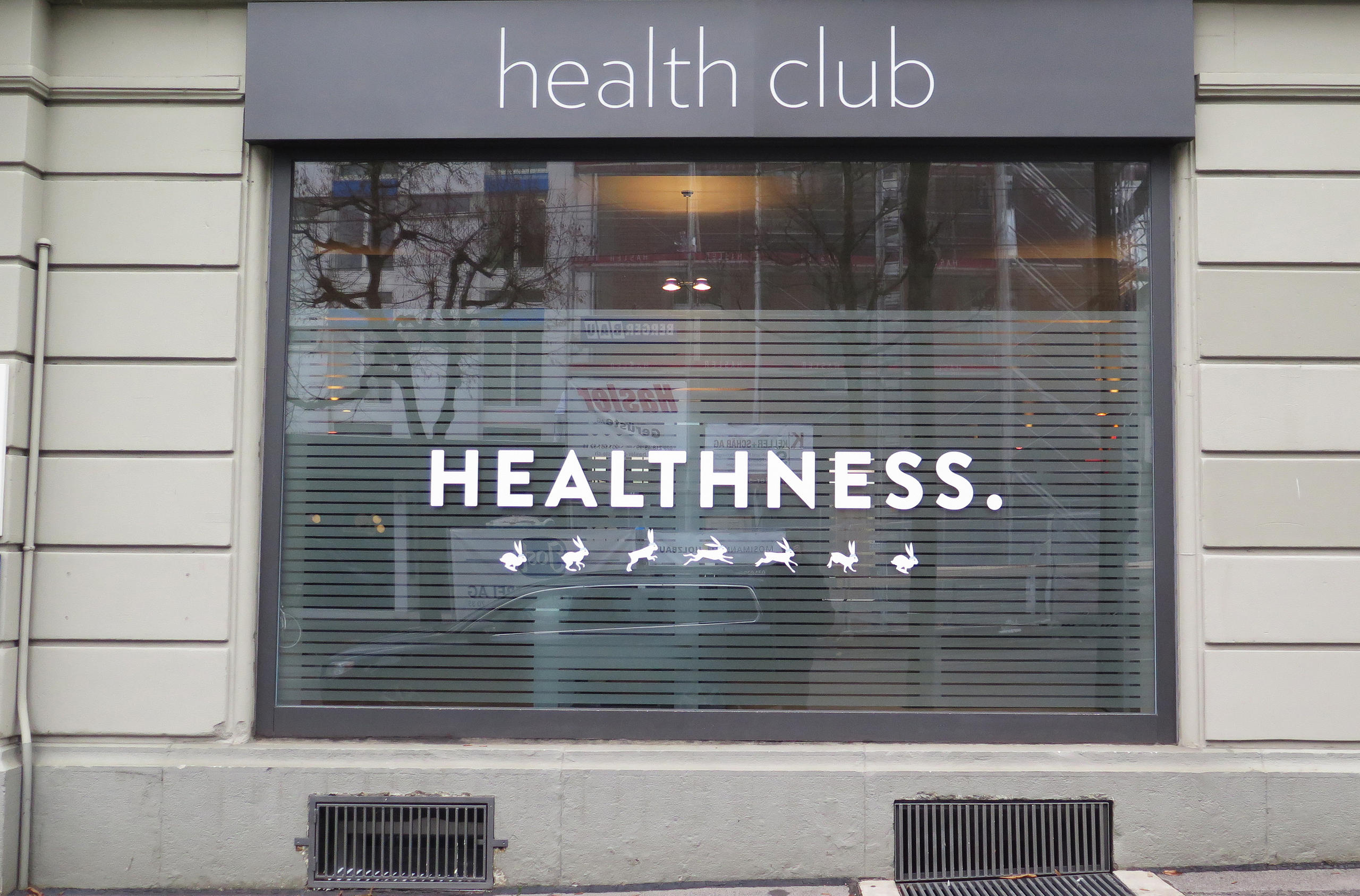
The Swiss become even more multilingual

More than two-thirds of the Swiss population regularly use more than one language in their everyday lives. Just under 2% regularly use five languages or more.
The proportion of polyglots has increased slightly since 2014, according to the Federal Statistical Office’s language, religion and culture survey, which was carried out for the second time in 2019 and published on Monday.
Whether chatting to relatives or work colleagues, surfing the internet, reading or watching TV, 68% of over-15s use more than one language at least once a week.
The remaining 32% said they use only one language, down from 36% in 2014. The older the person, the more likely they are to use only one language.
The survey found that 38% regularly use two languages, 21% use three, 6.4% use four and 1.7% use at least five.

More
French, German, Italian, Romansh, English: How do the Swiss talk to each other?
Increase of English
When it comes to Switzerland’s four national languages, 76% of residents regularly speak German (mostly Swiss-German), 39% French, 15% Italian and 0.9% Romansh.
English is the most common non-national language and is regularly spoken by 45% of the population in Switzerland. English is more widespread in the German-speaking part of the country than in Italian- and French-speaking regions (46% vs 37% and 43% respectively).
Almost three-quarters of people aged 15-24 speak, write, read or listen to English at least once a week, around ten percentage points more than in 2014.
Multilingual households
The majority (57%) of under-15s live in a household where Swiss-German is spoken. This is followed by French (28%), German (16%) and Italian (8.8%). English is the most common non-national language (7.5%).

More
English words in German: a linguistic cliffhanger
At home, however, the younger generation is in contact with many other languages, including Albanian (6.7%), Portuguese (4.9%), Spanish (4.9%), Bosnian, Croatian, Montenegrin or Serbian (3.8%), Turkish (2.8%) and more than 70 others.
At home, a third of under-15s hear two languages, and 10% hear three or more. In the population as a whole, the share of people living in a multilingual household is 32%.
The use of several languages is more widespread than average among people with a migration background. Professional reasons are the main motivation for learning foreign languages.

More
The art of interpreting in Switzerland’s polyglot parliament

In compliance with the JTI standards
More: SWI swissinfo.ch certified by the Journalism Trust Initiative



























You can find an overview of ongoing debates with our journalists here . Please join us!
If you want to start a conversation about a topic raised in this article or want to report factual errors, email us at english@swissinfo.ch.